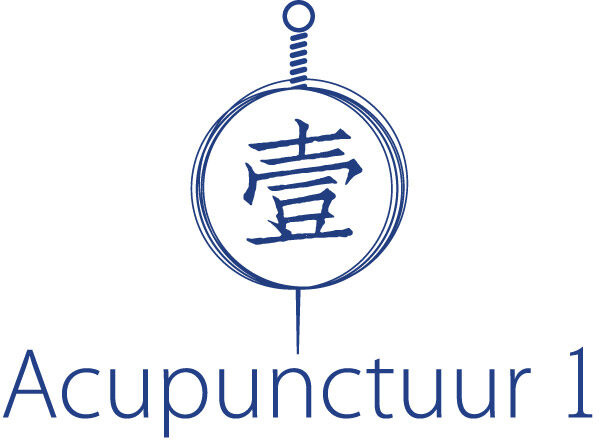Depression / Anxiety
In Traditional Chinese Medicine (TCM), depression and anxiety are viewed as imbalances in Qi (vital energy), Blood, and organ systems rather than isolated mental health disorders. TCM sees the mind and body as interconnected, meaning emotional disturbances often stem from internal disharmonies in the body’s energy flow.
1. The Role of the Heart in Emotions
In TCM, the Heart is considered the “house of the Shen (Spirit),” which governs consciousness, emotions, and mental clarity. If the Heart’s Qi, Blood, or Yin is deficient, the Shen becomes disturbed, leading to symptoms like insomnia, restlessness, excessive worry, or sadness.
• Heart Blood Deficiency: Causes poor nourishment to the Shen, leading to anxiety, palpitations, insomnia, and forgetfulness.
• Heart Yin Deficiency: Creates internal heat, leading to irritability, night sweats, and restless sleep.
2. Liver Qi Stagnation – The Root of Depression and Stress
The Liver is responsible for the smooth flow of Qi and emotions. Emotional stress, frustration, or repressed emotions can cause Liver Qi stagnation, which is one of the most common causes of depression and anxiety.
• Symptoms of Liver Qi Stagnation: Feeling stuck, mood swings, irritability, sighing frequently, PMS, and a tight chest.
• If Liver Qi stagnation turns into Liver Heat, it can cause anger, agitation, and headaches.
• If Liver Qi stagnation affects the Spleen and digestion, symptoms like bloating, fatigue, and emotional eating may develop.
3. Spleen Qi Deficiency – The Link Between Emotions and Digestion
The Spleen in TCM is responsible for digestion and energy production, but it also plays a role in mental clarity and emotional stability. Overthinking, worry, and excessive studying can weaken the Spleen, leading to Spleen Qi Deficiency.
• Symptoms: Fatigue, brain fog, digestive issues (like bloating and diarrhea), lack of motivation, and chronic worry.
• Spleen Qi Deficiency with Dampness: Can cause a heavy sensation in the body, lethargy, and lack of mental clarity, which can contribute to depression.
4. Kidney Deficiency – The Root of Deep-Seated Fear and Exhaustion
The Kidneys store Jing (Essence) and are related to willpower, fear, and resilience. Long-term stress, overwork, or inherited weaknesses can deplete Kidney Qi, leading to chronic anxiety and depression.
• Kidney Yin Deficiency: Leads to fearfulness, anxiety, restlessness, and heat symptoms like night sweats and tinnitus.
• Kidney Yang Deficiency: Leads to lack of motivation, fatigue, cold intolerance, and deep feelings of depression or hopelessness.
TCM Treatment Approaches for Depression and Anxiety
– Herbal Medicine
– Acupuncture
– Diet Therapy
– Lifestyle Adjustments
Practice Qi Gong and Tai Chi,meditation or regular Exercise.
